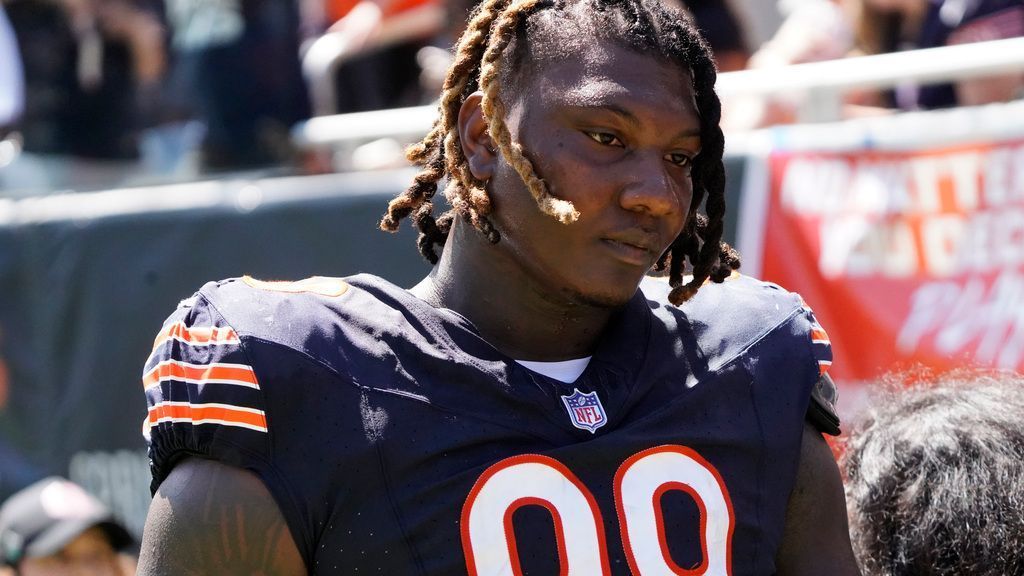Generally speaking ...
On the enforceability issue, in most states a contract is void or voidable if made with a person who is under the age of majority, which in Texas is 18 (in Texas 17 and under is a "minor"). {Typical exceptions to minor status are if the person has already been married or has been "emancipated" from guaradianship.} The age of majority varies some throughout the US. In Minnesota--and most states--it is, like Texas, age 18. Curiously, in Alabama, the age of majority is 19; in Mississippi, it is 21. So, ordinarily, big money NIL contracts would not be made with kids under the age of majority--unless, perhaps, the kid has an agent and/or lawyer and knowingly waives the protection of law on this point. But even that could be chancy. I believe that a few states (in the SEC) which rushed to pass "NIL enabling laws" were, among other things, legislatively changing their generic contract laws to permit minors to enter into mutually enforceable NIL contract. For instance, Mississippi's NIL Law (which covers many topics) allows anyone 18 years old or older to enter into an enforceable NIL contract.
Contracts also can be voided if made with a mentally incompetent person who was incapable of assessing the terms of the contract--and was taken advantage of. But a person who is a college student with passing grades, and who has professional representation, hardly could take advantage of this exception.
A contract also can be voided for "fraud in the inducement." But, again, I doubt this ATM kid was defrauded. The terms, including future earnings spiff, were probably spelled out well to him and his advisor--and he just wanted the cash.
A contract might also be unenforceable if its terms are so one-sided and shocking, and arguably violate some legislative policy, that a court would find it void as against "public policy." This judgment is made as of the facts and circumstances at the time the contract is made, not years later in retrospect. If the PE Firm is doling out dollars to lots of kids on these contracts, hoping that one or two will "hit," it really isn't shocking or violative of any expressed legislative policy. It is like publishers who make an up-front, lump-sum payments to many authors, taking a share of a book earnings in return, and hoping a few books will really hit.
There are other ways one can be relieved of a very bad contract (under the doctrines of "rescission" and "reformation"). But simply second-guessing the deal terms after you have already taken and spent the upfront money, isn't one of them.
I suspect that a part of the big dollar NIL money flow--from professional investors, not local bagmen--might be stopped if there was a legislative (or even NCAA) rule that an NIL contract is void or voidable to the extent it has the player signing away future earnings above and beyond his NIL rights.

